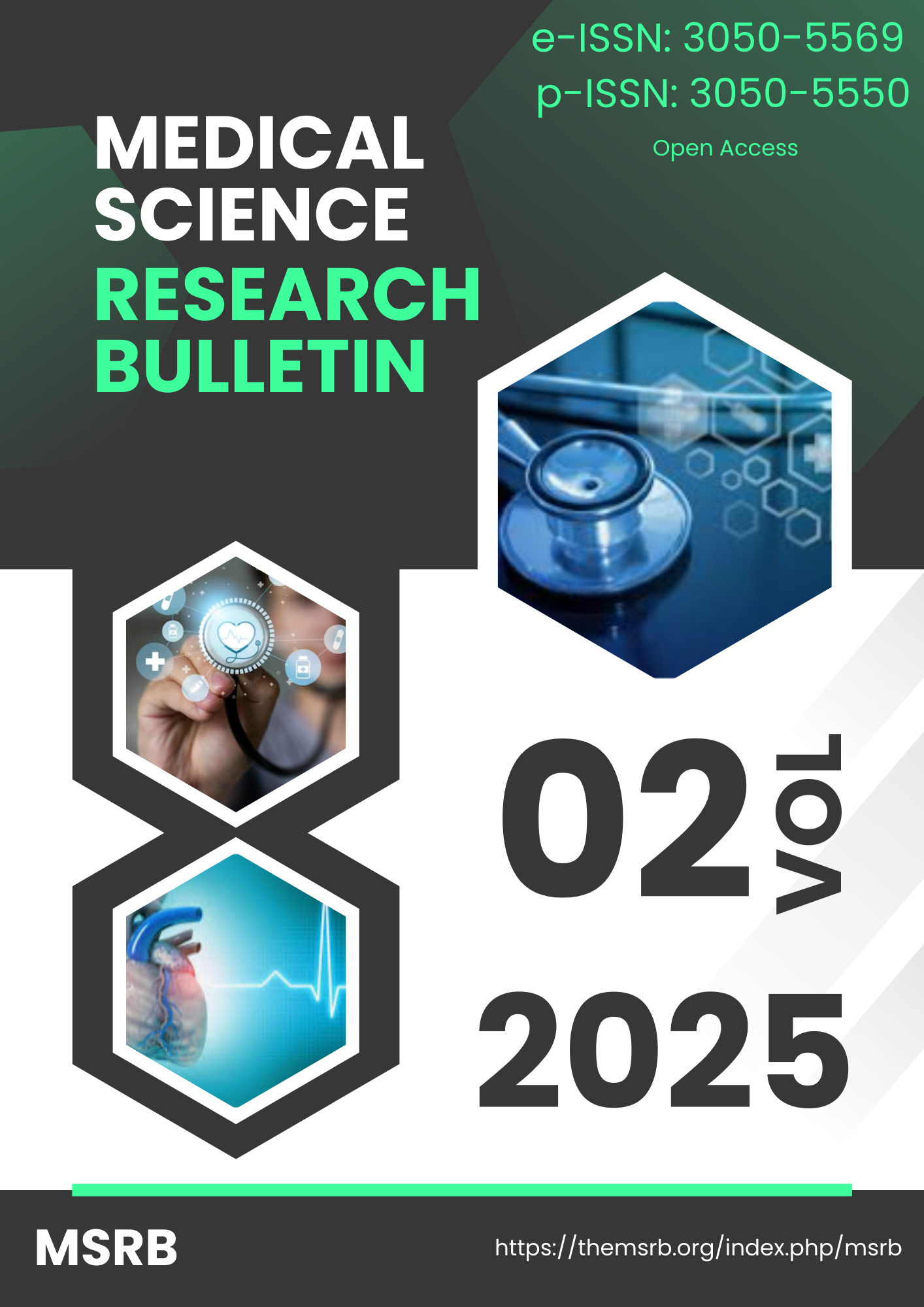Psychosocial Factors Influencing Self Medication among Nursing Students of Imo State University
Keywords:
Psychosocial, Factors, Influence, Self-medication and Nursing students.Abstract
The aim of this study was to identify the psychosocial factors influencing Imo State University nursing students' self-medication. This study aims to determine the psychosocial factors that influence nursing students' self-medication, the nursing students' pharmacological knowledge and how it influences their medication practice, and the positive and negative effects of self-medication in relation to the information obtained from the nursing students. The study employed a survey research design, selecting a sample size of 281 students who provided the requisite data. After analysis in percentage means, the study's results were displayed in a table. The majority of the students in the study used self-medication, which was strongly impacted by psychosocial variables, according to the findings. It was suggested that the nursing students maximize their self-care without having to turn to self-medication in light of these findings.
References
Toronto, R. (2018). Increased self-medication among university students in southern Nigeria. Tropical Journal of Pharmaceutical Research August 2012; 11 (4): 683-689
Ofor, M.N. (2015) knowledge, perception and practice of self medication among premedical and basic science undergraduate medical students. Nigerian journal of medical sciences, 7(6), 63.
Abay, A. Maryam A., Sathvik., B., Atiyulla., S., Lana, D & Padma, G. (2018). Assessment of Nature, Reasons and consequences of self medication practice among General population of Ras Al-Ahaimah, UAE. 8(1):3-8.
Osakwe, A.I. & Binga B. (2021). Prevalence and determinants of self medication practices among Nigerians. 34(5): 634-649
Kenfhar, N.K., Alamoudi, B.M., Baamer, W.O., Al-Raddadi, R.M. Self mediation with analgesics among medical students and interns in king Abdulaziz University, Jeddah. Saudi Arab pack J med sch. 2014;31(1):14.
Maryam. L. (2022). Over the counter drugs (OTC). BMC Public Health 17, 904.
Soroush, A., Abdi, A., Andayeshgar, B., Afsoon, A., and Alireza.(2018). Exploring the perceived factors that affect self-medication among nursing students: a qualitative study. BMC Nursing 17:35
WHO. (2019). Drug safety in Developing countries: Achievements and challenges. 40(3):73-86
Ali, S & Alifexe, A. (2018). Exploring the perceived factors that affect self medication among nursing student; a qualitative study. 35(2).
Gutema, H., Aal A., Alkhelb AA., Alsaleh HM., Khan TM., MAA H, Student’s attitude towards use of over the counter medicine during exams in Saudi Arabia. Saudi Pharm J. 2021:22(2):107-12.
Abdi, A.K., Imtiaz A., Ibrahim Y.A., Bulbanat M.B., Al Mutairi M.F., Al Musaileem S.F (2018). Factors influencing knowledge and practice of self medication among college students of health and non-health professions. IMC Journal of Medical Science, 12(2),57-68.
Kasulkar, A.A., Gupta M. self medication practices among medical students of a private institute. Indian J pharm Sci. 2015;77(2):178.
Nehan, B. (2015). Self-medication: A current challenge. 5(1): 19-23
Worku, C., Miriam, D.K. (2016). Patterns and determinates of self mediation among university students in Saudi Arabia, journal of pharmaceutical health services research, 8(3), 177-185.
Montasture, J.L., Bagheri, H., Geraud, T. & Lapeyre, M.M. (2017). Pharma co-vigilance of self-medication, therapy. Journal of gerontological nursing, 29(8), 10-15.








